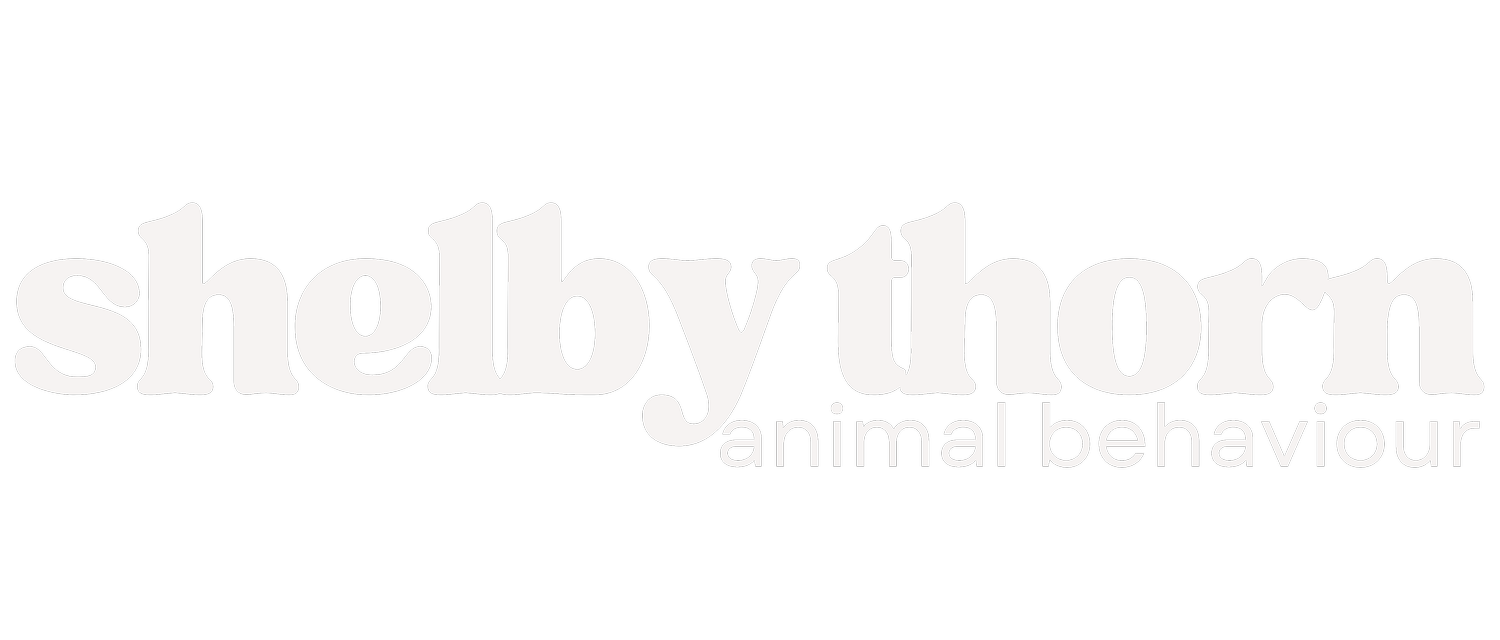Teething & Mouthing.
Teething, mouthing, biting and chewing are really common behaviours displayed by puppies, and can even be exhibited by adult dogs who have never been taught how to practice these natural behaviours appropriately. Puppies, much like young children learn by putting things in their mouth and so it's a good idea to puppy proof your house, just as you would if you were expecting a baby, before welcoming them into your home. Puppies also bite and mouth for pain relief. Your puppy's baby teeth will eventually wriggle loose and fall out, and they will have adult teeth cut through. Young dogs are also quick to work out that mouthing and puppy biting will cause a reaction from their humans, and so they will use this to gain attention.
Ensure your dog has a range of toys - like 'fill a toy box' amount of toys! Offer your dog toys ranging in different textures and purposes, even if they don't like a particular toy straight away they might later change their mind or become more interested in the toy the more we engage with it. It is a good idea to have multiple groups of toys and rotate every couple of days to avoid boredom. Freezing appropriate toys and offering these to young puppies will give them something cold to chew on helping relieve teething pain. By ensuring our dogs have a range of things they can chew it gives them lots of options for the appropriate practicing of chewing and mouthing.
It is super important to ensure you do not play with dogs using your hands as they will quickly learn that's where the fun happens. When you play with a dog, offer a toy that they can latch onto such as ropes or longer toys so that they're less likely to miss and accidentally bite your hand. If your dog is nipping at you, replace your hands, hair or clothing with a toy and put effort into making that toy seem like more fun. Avoid jumping or squealing when your dog nips you as this often increases their arousal makes you seem like a fun game! If you are replacing yourself with a toy, and your dog is still jumping and nipping at you, this is an indication that they are overstimulated and so learning or desirable behaviour is less likely to occur. This would be a great time to put your dog in their ' safe zone' (crate, playpen, behind a baby gate, outside etc) for a positive time out with an enrichment activity or 'find it'. This stops your dog from practicing inappropriate biting, and redirects them to an appropriate outlet for all that energy.
If dogs are jumping and nipping at young children, it is recommended where possible they cross their arms, look away from the dog and stand as still as a statue calling for Mum or Dad to help.
Setting up a safe space for positive time out is a really helpful management strategy. This is ideally inside the home so that the dog does not feel isolated, but is still restricted from having access to people or other household pets. We want our dogs to have really positive experiences in this space, and so it is recommended to be where the dog receives treats or feeding, play, sleep, attention, enrichment and other cool stuff! Do not get frustrated with your dog and restrict them to this area as they are then more likely to see it as a 'naughty corner' rather than a 'safe space' - always make entering their safe space a happy experience!
It is recommended that when your dog is feeling silly you avoid handling as this can increase arousal. Try luring your puppy to where you would like them to go instead.
Is your puppy biting at your ankles? Teach them to walk nicely beside you:
Hold a few treats in your hand and hold your hand against your leg.
Walk in a straight line, encouraging your puppy to walk alongside you, slowly dispensing treats from your hand as they walk nicely next to you.

